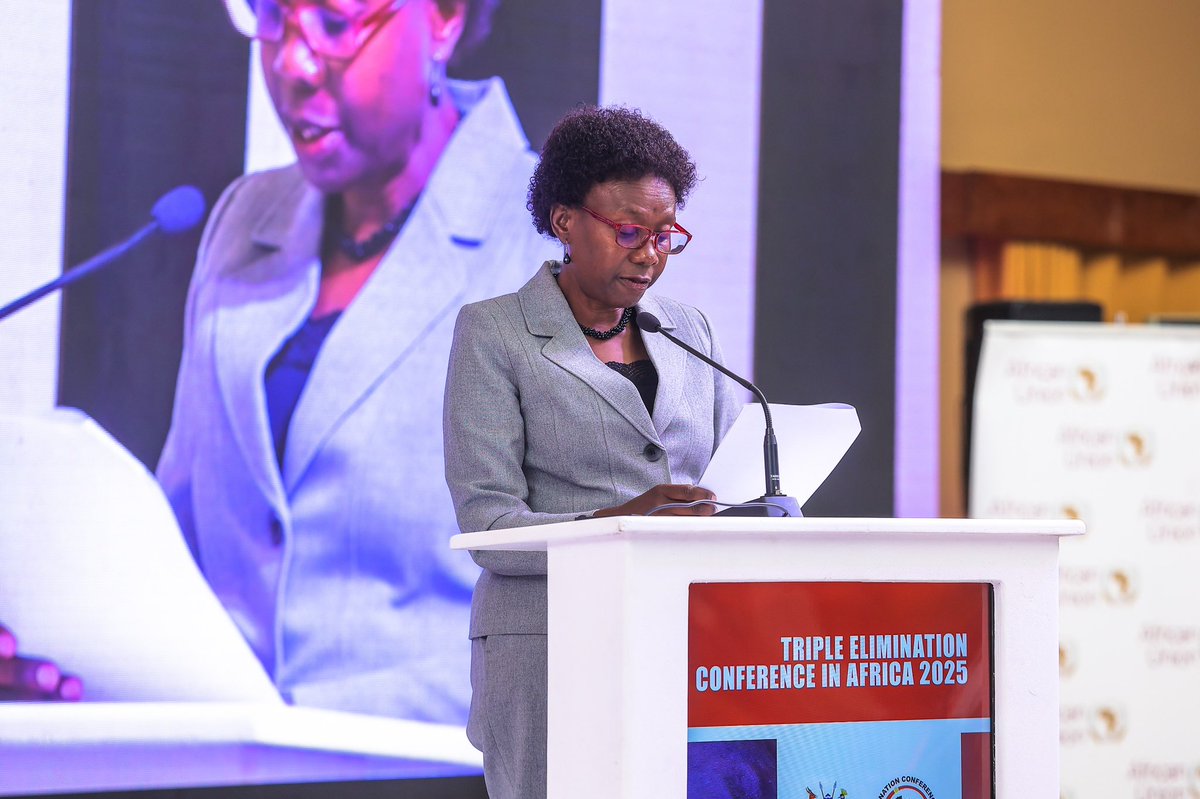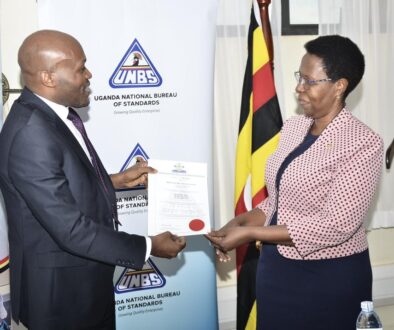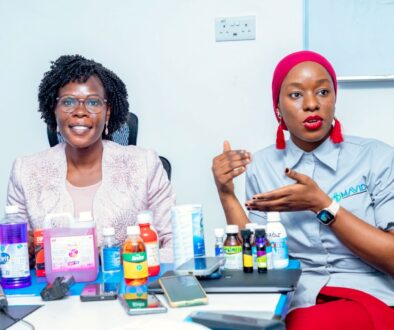Uganda In HIV, Syphilis, Hepatitis B Transmission Elimination

Uganda is hosting the first-ever High-Level Conference on the Triple
Elimination of Mother-to-Child Transmission of HIV, Syphilis, and Hepatitis
B.
The Kampala 2025 conference is a turning point in Africa’s health journey,
where integration, innovation, and collaboration can end mother-to-child
transmission of HIV, syphilis, and hepatitis B.
Uganda’s Minister of Health, Hon. Dr. Jane Ruth Aceng, has welcomed
dignitaries and health leaders, and hailed the African Union, Africa CDC,
and key partners, UNICEF, UNAIDS, PAHO, the AIDS Healthcare
Foundation, PATH, and the Medicines Patent Pool for their unwavering
support.
“This conference symbolises our collective resolve to give every child a
healthy start in life.” Dr. Aceng stated.
Minister Aceng acknowledged Africa’s hard-won gains in reducing the
burden of HIV and syphilis, driven by expanded access to testing,
treatment, and prevention. However, she cautioned that hepatitis B
interventions have lagged.
According to 2024 data, 26.3 million Africans live with hepatitis B, a 65% of
the global burden. Eastern and Southern Africa recorded 490,000 new
infections in one year, and Western and Central Africa reported 120,000
hepatitis B-related deaths.
Syphilis remains a growing concern globally, with over 8 million adults
affected, and Africa carries the highest burden of congenital syphilis,
accounting for over 700,000 cases and thousands of stillbirths annually.
Uganda reported 1.5 million people living with hepatitis B in 2024 and
37,000 new chronic hepatitis B infections, including 4,700 cases from
mother-to-child transmission, 80% of which were linked to gaps in care
during pregnancy or breastfeeding. The report stated that 2.1% of the
population lives with active syphilis, and 0.6% of children under 15 with
hepatitis B.
Dr. Aceng highlighted that HIV testing and maternal ART coverage are
above 90%. Syphilis testing rose from 50% to 94%, and treatment reached
83% of identified cases.
Hepatitis B screening reached 63%, and 14% of those testing positive
received treatment. Point-of-care testing was scaled up to 323 health
facilities, and early infant diagnosis for HIV-exposed babies improved from
50% in 2018 to 85% in 2024.
“The integration of HIV, syphilis, and hepatitis B services into antenatal and
maternal care has proven transformative for mothers, infants, and families,”
Dr. Aceng emphasised.
She also advocated for a stronger focus on local manufacturing of
vaccines, diagnostics, and medicines, stating that bringing production
closer to where disease burdens are highest would improve access and
drive down costs.
“We must be united and fully committed to working in partnership. We can
achieve triple elimination in Africa by 2030,” she declared.



